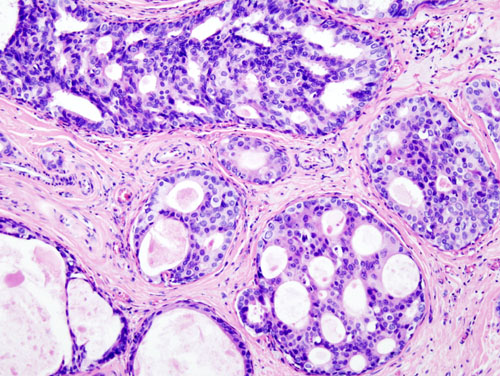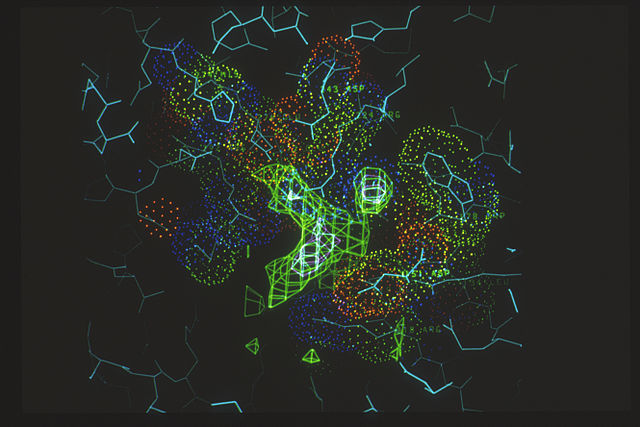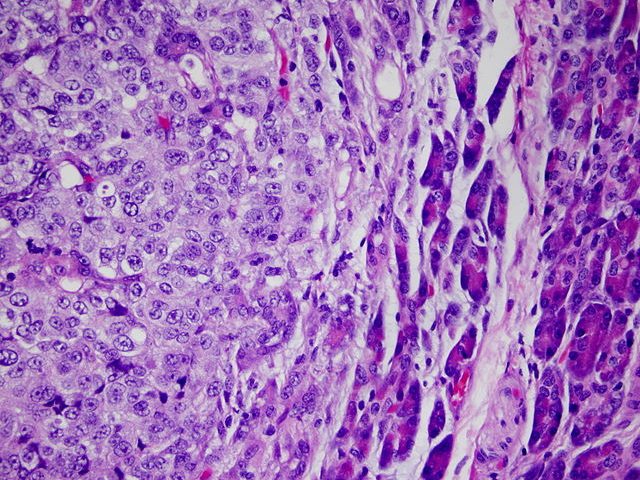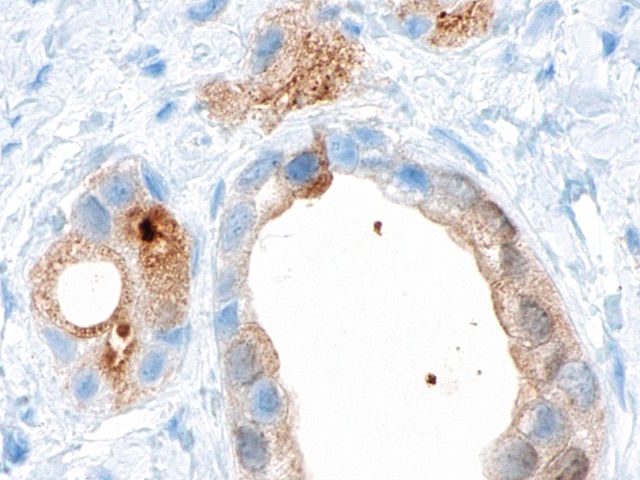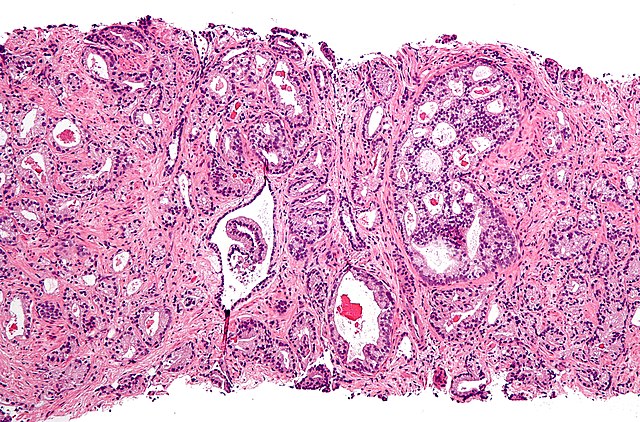Speaker: Joshua Gruber, MD, PhD, Simmons Comprehensive Cancer Center
Covered by: Inas Abuali, MD, FACP

Dr. Gruber, from the Simmons Comprehensive Cancer Center, reviews basic science updates in precision oncology for breast cancer during this session.
First, he reviews updates in screening and detection. He discusses that the healthy breast during the reproduction years accumulates mutations with age, with the rate of accumulation in the epithelium of 15.24 ± 5 mutations/year. Parity is associated with an age-dependent increase in the clone size of mutated epithelial cells, suggesting that older first-time mothers have a higher probability of accumulating oncogenic events in the epithelium compared to younger mothers or nulliparous women. This raises the question of whether new screening modalities need to be developed to factor in the early rise of mutations. [1] It is well-known that breast cancer during pregnancy has a worse mortality due to delayed diagnosis with presentation at more advanced stages. Post-partum breast cancer also has a worse survival with increased risk of metastasis. Saura et al. showed 10X the levels of cfDNA in breast milk compared to plasma in newly diagnosed breast cancer patients, highlighting that breast milk could serve as a source for liquid biopsy. [2]
The second part of the session reviews updates with potential therapeutic impact. Dr. Gruber highlights that the p16/INK4A protein mediates CDK4/6 inhibitor resistance by preventing drug binding. CDK6 degraders may overcome this resistance. [3] HER2+ brain mets commonly lack CDKN2A (p16/INK4a) and the combination of tucatinib + abemaciclib is active in PDX models which are p16/INK4A null. [4]
- Cereser B. Nat Commun. 2023 Sep 6;14(1):5136.
- Saura, Cancer Discov2023
- Brand et al. Cell Chem Bio. 2019
- Ni J. Nat Commun. 2022 Mar 18;13(1):1473.


